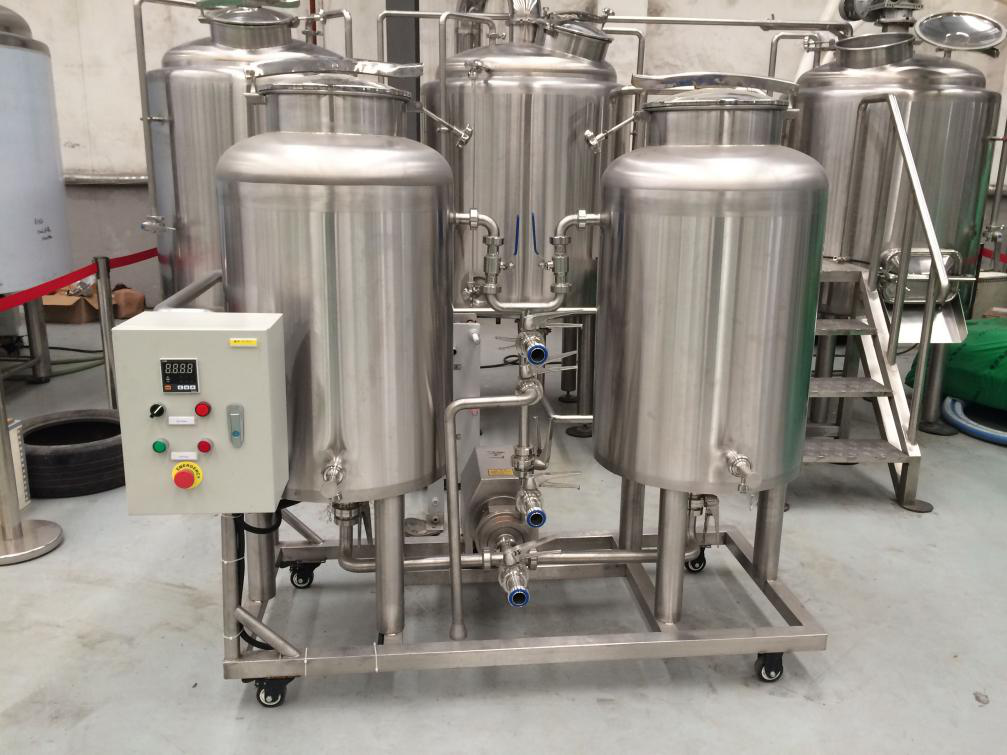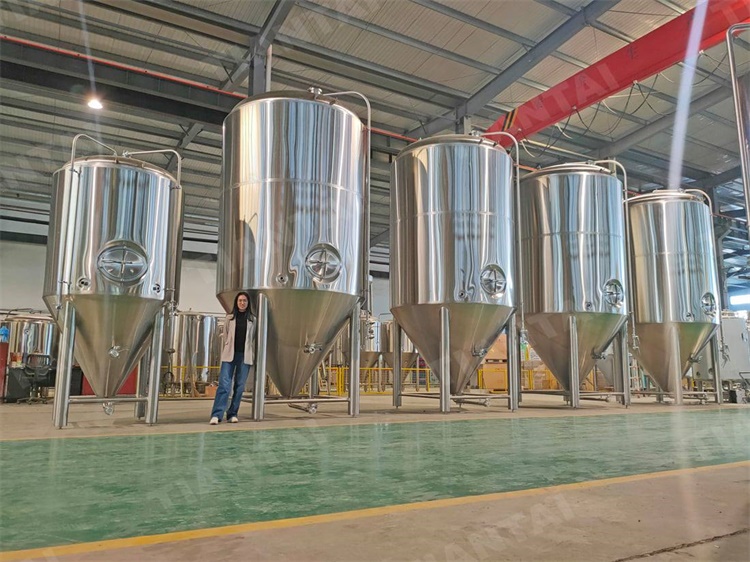.jpg)
Vigorous Boiling: Ensure that the wort is boiling vigorously. This helps with the evaporation of unwanted compounds and concentrates the flavors. A rolling boil also aids in the isomerization of hop acids, which contributes to bitterness in beer.
Temperature Control: Maintain a consistent and controlled boiling temperature. The ideal temperature for boiling wort is typically around 212°F (100°C) at sea level. Use a reliable thermometer to monitor the temperature throughout the process.
Skimming and Stirring: During the boiling process, skim off any foam or solids that rise to the surface. This helps to prevent boil-overs and improve the clarity of the final beer. Additionally, stirring the wort occasionally can help distribute heat evenly and prevent scorching at the bottom of the kettle.
Hop Additions: Add hops at specific times during the boil according to your recipe. Different hop additions contribute different flavors, bitterness, and aromas to the beer. Follow the instructions in your recipe regarding the timing and quantities of hops to add.
Boil Duration: The length of the boil can vary depending on the beer style and recipe. Most common recipes call for a boil time of 60 to 90 minutes. However, some styles may require shorter or longer boiling periods. Follow your recipe's instructions for the recommended boil duration.
Wort Clarification: As the wort boils, proteins and other compounds will coagulate and form a "hot break" that settles to the bottom of the kettle. This is normal and desirable. Once the boil is complete, it's essential to transfer the wort carefully to the fermentation vessel, leaving behind as much of the trub (the settled solids) as possible.
Sanitation: Maintain a clean and sanitized brewing environment throughout the boiling process. Proper sanitation helps prevent contamination, which can negatively impact the flavor and quality of your beer.
Safety: Boiling wort can be a hazardous process, so it's important to take appropriate safety precautions. Use a kettle with a capacity that allows for a sufficient headspace to prevent boil-overs. Be cautious when handling hot liquids and use protective gear, such as heat-resistant gloves, to prevent burns.
By paying attention to these factors during the boiling stage, you'll be on your way to brewing a delicious and high-quality beer. Remember to consult your specific recipe for any additional instructions or variations when you make beer by commercial brewing beer equipment.
If you are interested in any beer brewery equipment, please feel free to contact us:
Ivy Liang(Sales Director)
Email: [email protected]




.jpg)

Get In Touch